Whey protein has become a nutritional staple for gym-goers, athletes, and health-conscious individuals across the world. It supports muscle recovery, helps with fat loss, and offers a convenient source of high-quality protein. But as its popularity grows, so do concerns around issues such as hair loss.
One of the most commonly searched questions today is: “Does whey protein cause hair loss?” For some, the anxiety stems from personal experiences of hair thinning shortly after starting a supplement. For others, it’s about separating truth from myth.
In this article, we explore whether whey protein really contributes to hair loss, what the science says, and what to do and how Dr. Malay Mehta can help if you’re experiencing thinning hair or a receding hairline.
What Is Whey Protein? A Quick Science Lesson
Whey protein is a byproduct of cheese production. When milk is curdled and strained, the liquid left behind is whey which is a rich source of amino acids that supports muscle repair, growth, and immune function.
There are three primary forms of whey protein:
Whey Protein Concentrate (WPC): Contains 70–80% protein along with small amounts of lactose and fat.
Whey Protein Isolate (WPI): Contains over 90% protein and is more refined, with lower lactose and fat.
Whey Protein Hydrolysate (WPH): Predigested for faster absorption and sometimes used in medical protein formulas.
Most gym supplements use WPI or WPC, with WPI being more common among those with lactose intolerance or needing high protein with fewer calories.
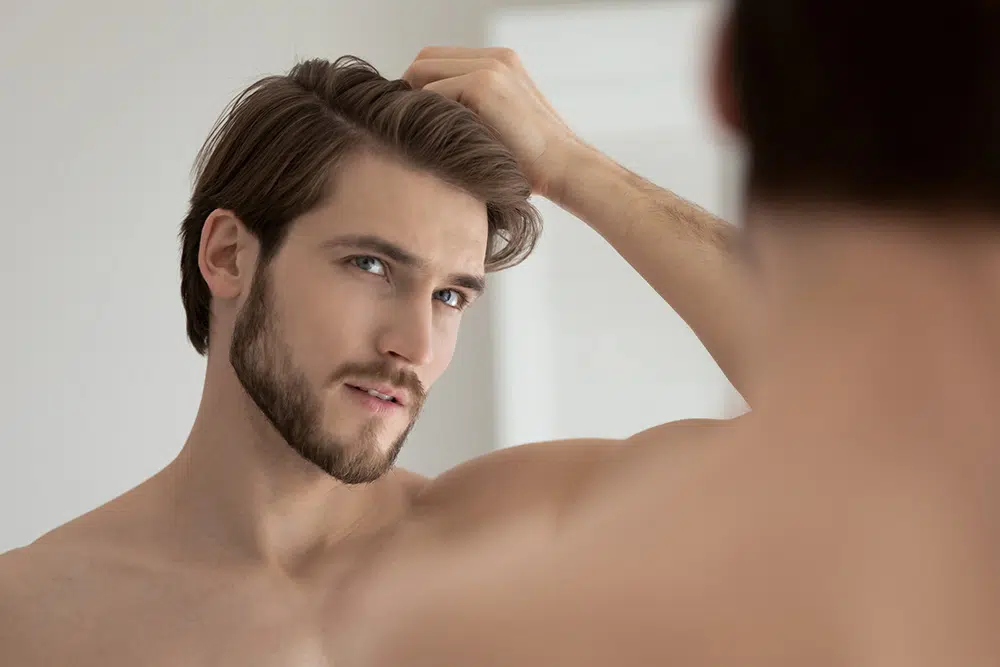
There are several links between whey protein and hair loss including potentially causing elevated DHT levels.
The Link Between Whey Protein and Hair Loss
1. Elevated DHT Levels and Androgenetic Alopecia
The concern around whey protein and hair loss largely centres on DHT (dihydrotestosterone) — a powerful derivative of testosterone. DHT is responsible for triggering androgenetic alopecia, the most common form of hair loss in men and women.
Some studies suggest that increased intake of whey protein isolate may indirectly stimulate testosterone production, which then converts into DHT. In genetically susceptible individuals, DHT binds to hair follicles on the scalp, shrinking them over time and eventually leading to hair thinning or balding.
While whey protein itself does not contain hormones, its impact on anabolic hormone balance could, in theory, accelerate hair loss for those who are predisposed.
2. Increased IGF-1 and Scalp Sensitivity
Whey protein boosts Insulin-like Growth Factor 1 (IGF-1) which is a hormone that plays a role in muscle development. However, IGF-1 also influences the production of DHT, particularly in the scalp. This dual mechanism could create a hormonal environment that is less than ideal for hair retention, especially if you’re already on the edge of hair thinning.
3. Nutritional Imbalances and Over-Supplementation
Relying heavily on whey protein shakes while neglecting other food groups may lead to nutritional gaps. Deficiencies in iron, zinc, biotin, or essential fatty acids can impact the hair growth cycle.
Some individuals may also experience digestive stress, inflammation, or poor absorption with excessive protein intake, contributing to conditions like telogen effluvium which is a temporary but alarming form of hair shedding.
Curious if creatine affects hair loss? Take a look at our article here.
Does Whey Protein Affect Males and Females Differently?
Yes, whey protein can affect males and females differently due to variations in hormone levels, particularly testosterone and DHT sensitivity, which influence hair loss risk.
In Males:
Men are more commonly affected by male pattern baldness, which is strongly linked to DHT. Therefore, any supplement that increases testosterone or IGF-1 levels may accelerate genetic hair loss in men, especially if they’re already showing signs of thinning at the crown or receding hairlines.
In Females:
Although women produce far less testosterone, conditions like PCOS, thyroid imbalance, or menopause can increase DHT sensitivity. In such cases, high-protein supplements may aggravate hormonal fluctuations and lead to diffuse thinning or increased hair fall.
Both sexes should pay attention to changes in hair volume, scalp visibility, or increased shedding, especially after introducing a new supplement.
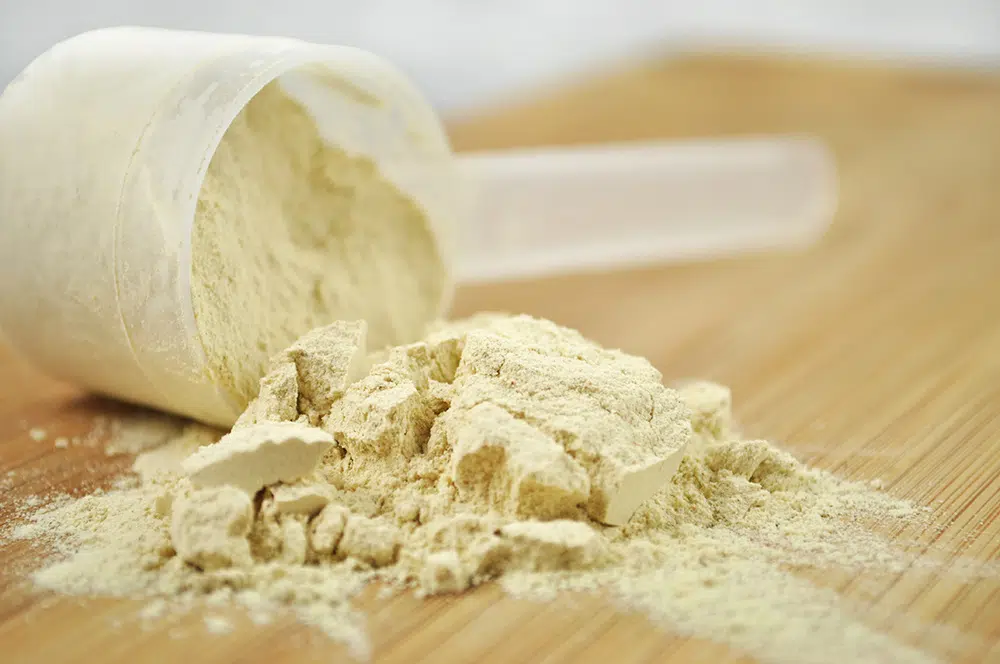
Some ways to reduce the risk of hair loss while taking whey protein include choosing the right type of whey and sticking to moderate doses.
How to Reduce the Risk of Hair Loss While Taking Whey Protein
1. Choose the Right Type of Whey
Opt for Whey Protein Concentrate rather than isolate, especially if you’re sensitive to hormonal changes. It’s less processed and may not stimulate IGF-1 to the same degree.
2. Stick to Moderate Doses
Avoid excessive intake. 20–30 grams per serving once or twice a day is usually sufficient. More than 1.5g of protein per kg of body weight may place unnecessary stress on the body unless you’re an athlete.
3. Maintain a Balanced Diet
Supplement your protein intake with foods rich in iron, zinc, biotin, vitamin D, omega-3 fatty acids, and antioxidants. These support scalp circulation and follicle strength.
4. Avoid Other Hormone-Altering Supplements
Stay clear of testosterone boosters or anabolic steroids, which may amplify DHT production and worsen hair loss.
5. Track Hair Health
Keep a journal of hair shedding, thickness, and hairline changes. This will help identify whether the timing correlates with supplement use.
6. Consult a Specialist
If you’re concerned, seek professional advice to rule out other causes such as autoimmune diseases, stress, scalp infections, or medication side effects.
Experiencing Hair Loss? Here’s How Dr. Malay Mehta Can Help
If you’re already noticing signs of hair thinning, bald patches, or hairline recession — whether due to whey protein, genetics, or lifestyle — Dr. Malay Mehta’s Hair Transplant Clinic in Mumbai offers leading solutions tailored to your condition:
- FUE Hair Transplant: This advanced technique uses your own hair follicles, transplanted to thinning areas for natural-looking, long-term results.
- Biofibre Hair Implants: An innovative, non-surgical solution where synthetic fibres are safely implanted into the scalp for immediate volume and density.
- ARTAS Robotic Hair Transplant: A state-of-the-art system that uses artificial intelligence for high-precision follicle harvesting and graft placement with minimal downtime.
- Mesotherapy: A scalp therapy that uses microinjections of nutrients and growth factors to stimulate dormant follicles and improve scalp health.
Each treatment is personalised after a comprehensive consultation, ensuring the best results for your hair type, health history, and aesthetic goals.
How to contact us
Phone: +91 7045291747
Another Phone: +91 8758691345
Email Us: drmalaymehta@gmail.com
6th Floor, Cosmos Court,
Vile Parle West Mumbai – 400056
Maharashtra, India
FAQs
Does whey protein cause hair loss?
While not proven to directly cause hair loss, whey protein may increase DHT or IGF-1 levels in some individuals, which could trigger hair thinning in those genetically predisposed.
Does whey protein cause hair loss in males?
Men with a family history of baldness may experience accelerated hair thinning if whey protein alters hormone levels. Monitoring intake and symptoms is key.
Does whey protein cause hair loss in females?
It can, particularly in women with hormonal sensitivities such as PCOS. Female hair loss tends to present as diffuse thinning rather than receding hairlines.
What are the side effects of whey protein on hair?
Potential side effects include increased shedding, scalp inflammation, or brittle texture , particularly if other nutritional needs are not met.
Can I continue using whey protein if I’m losing hair?
Yes, but opt for concentrate, limit dosage, and make sure you’re monitoring your hair health. If shedding persists, stop the supplement and consult a specialist.
How can I reverse hair loss possibly caused by whey protein?
If caught early, removing the trigger and supporting follicle health can help. In more advanced cases, professional hair restoration treatments like FUE or mesotherapy may be needed.


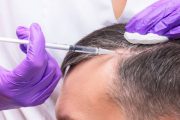




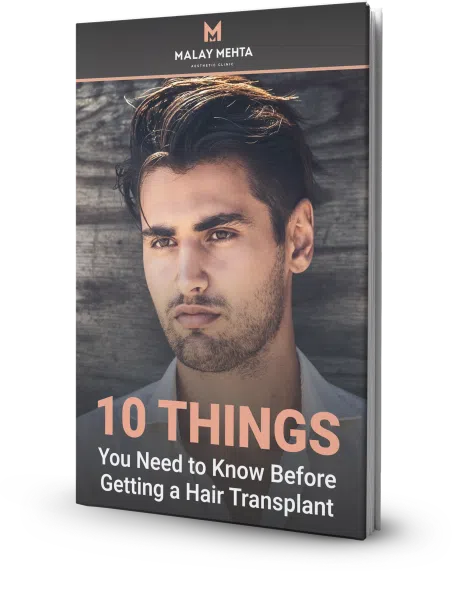



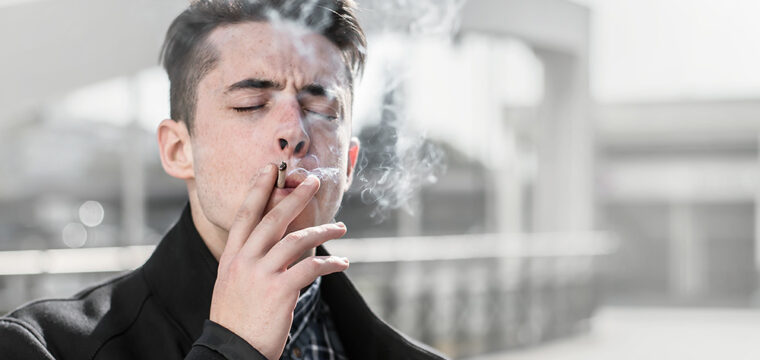
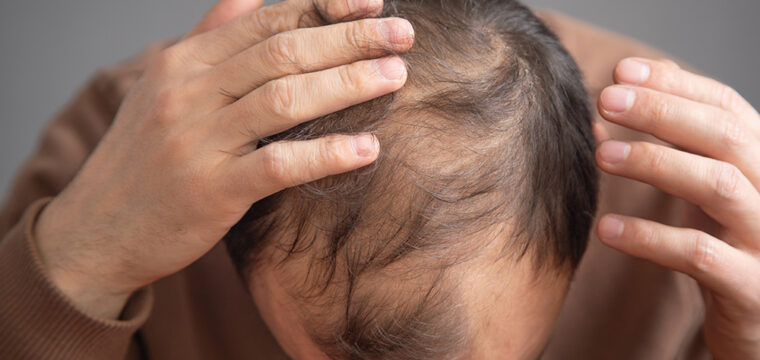

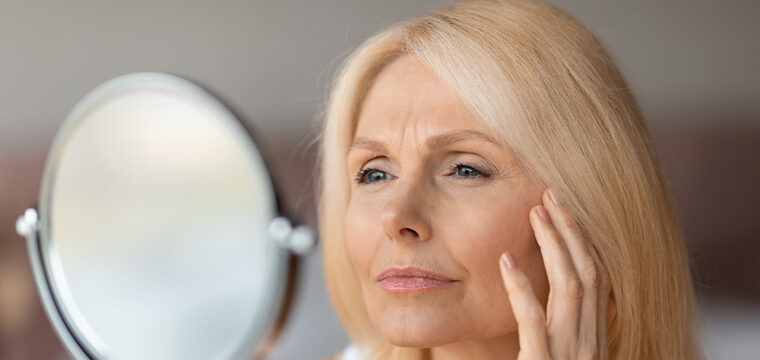
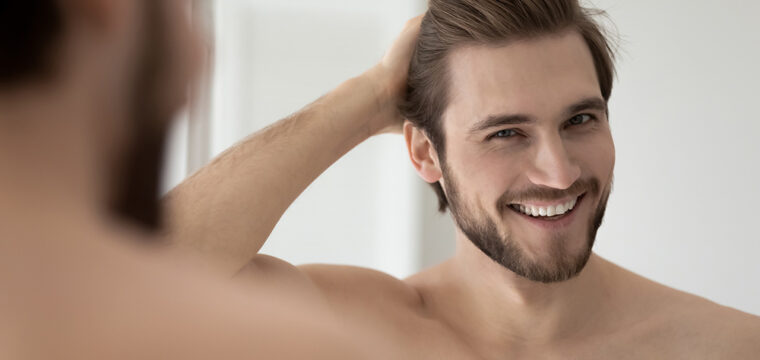


Comments